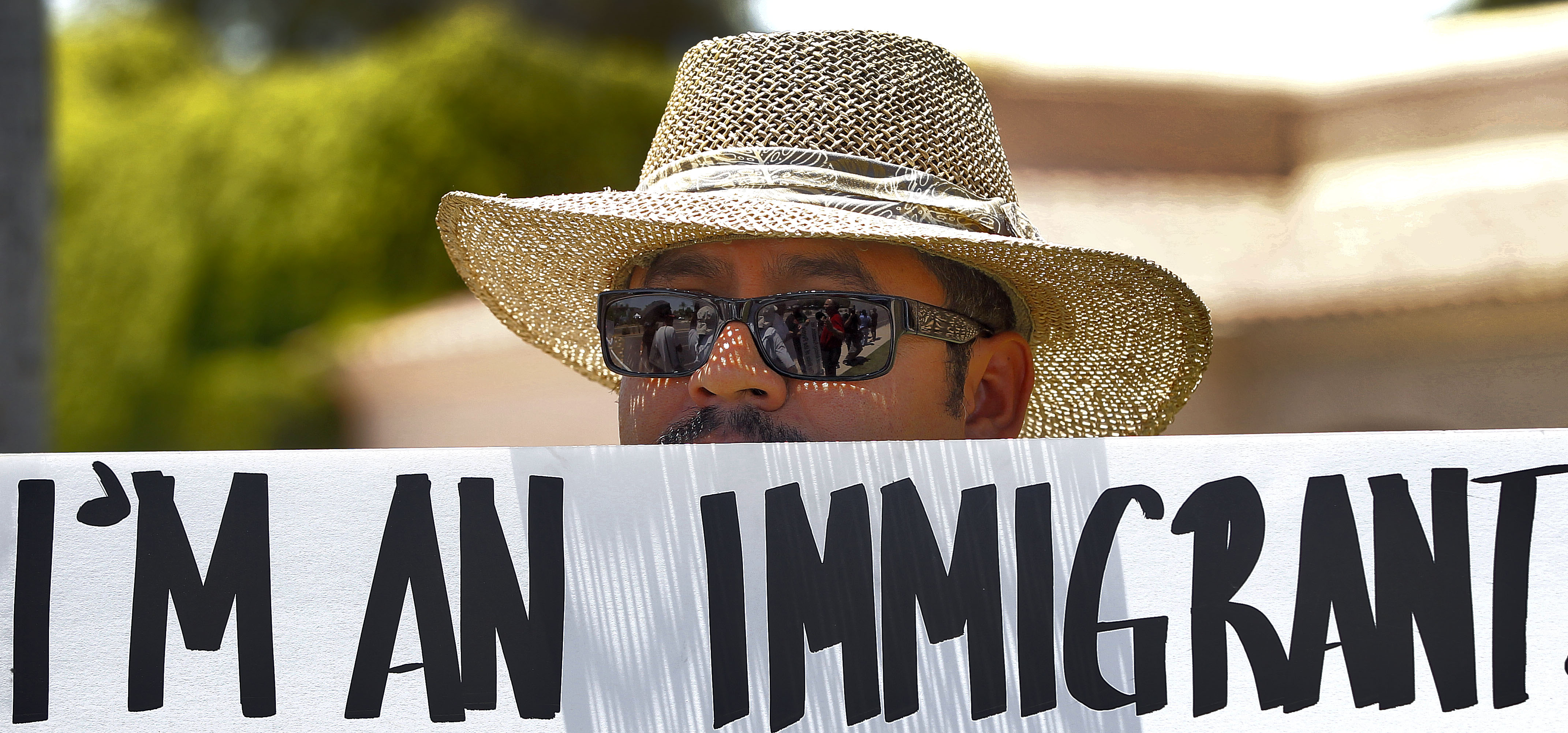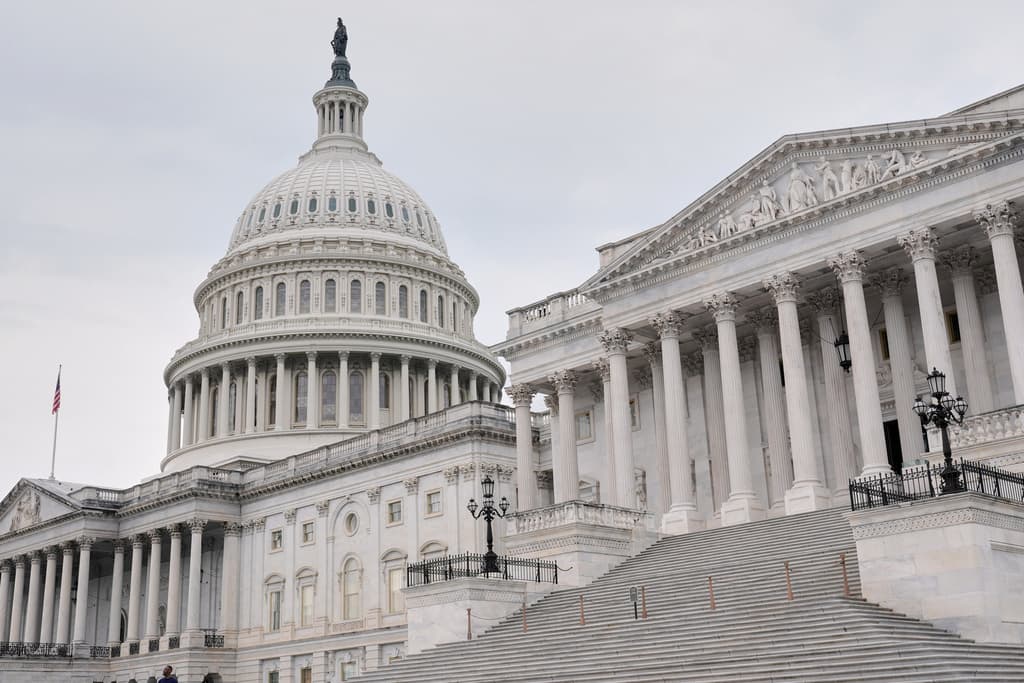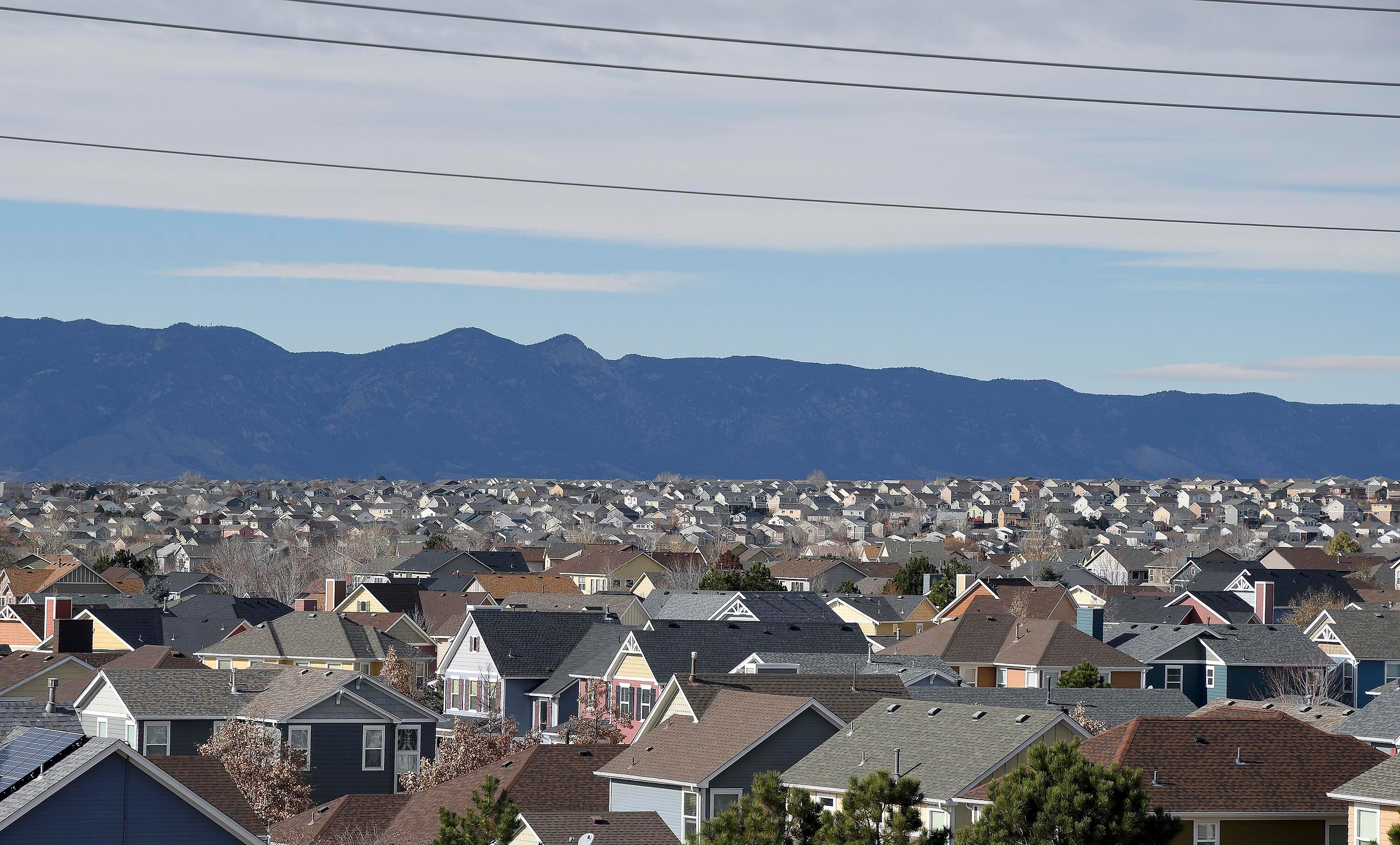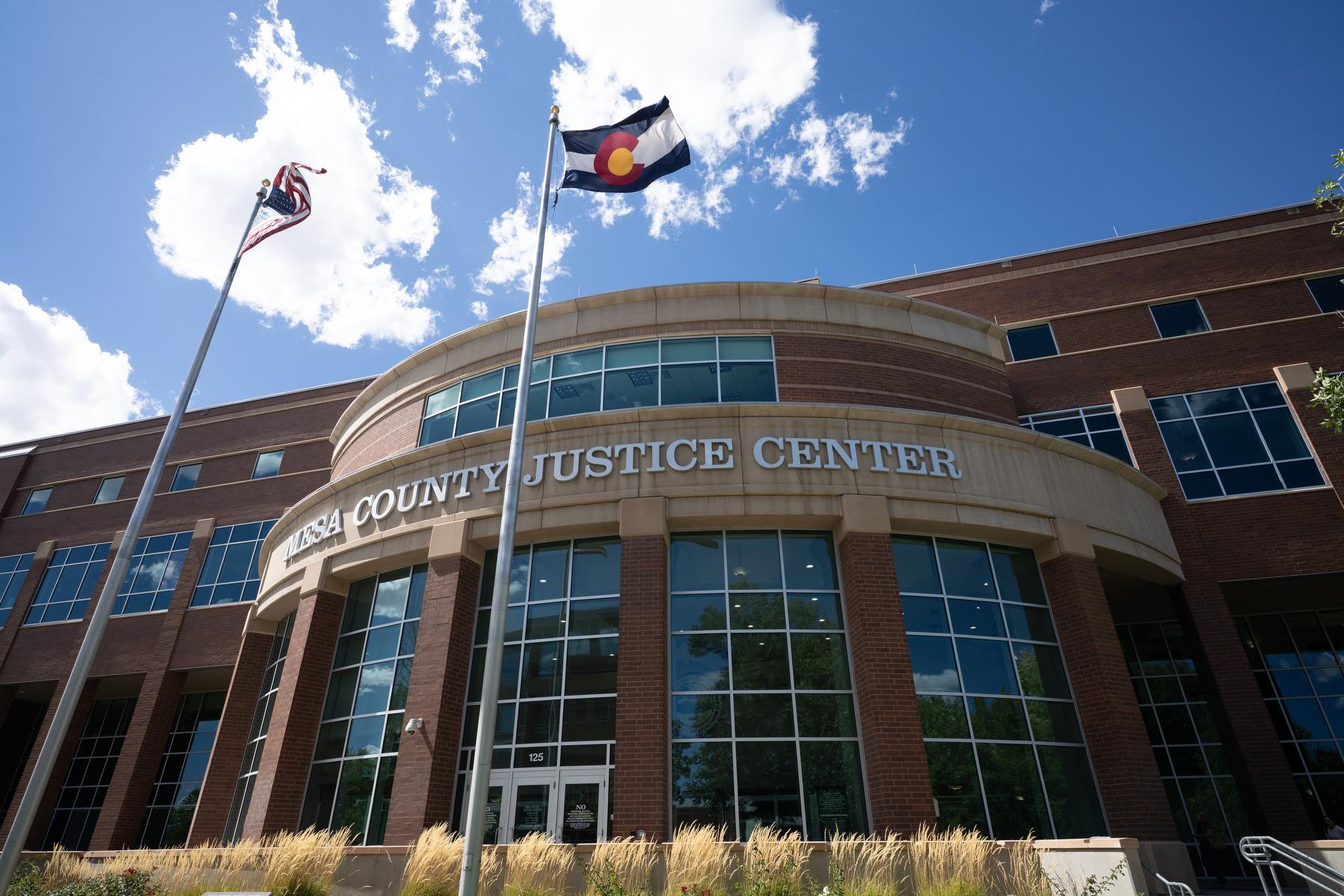
The federal immigration court in Denver is overbooked and understaffed. It doesn't have enough judges to cover its jurisdiction -- all of Colorado and parts of Wyoming -- and that has led to a new and dubious record for this state: Colorado now has the longest delays in the nation for immigrants trying to have their cases heard before an immigration judge.
The average waiting period is 933 days, and there are 9,420 cases pending.
Denver immigration attorney Jennifer Casey tells Colorado Matters host Ryan Warner about the situation, which could get worse given the immigration-crackdown rhetoric in this political campaign season.
How did Colorado end up with the longest delays?
"If you look at the immigration courts over the last three years in Colorado, what we've seen is a reduction by about 50 percent of the immigration judges here locally. So we went from six judges in 2013 and we're now down to three judges in 2016.
"We’ve had an increase of about 20 percent in terms of the immigration cases in Colorado. So we were at about 7,400 back in 2013 and now we're right around 9,420, like you said, currently.
"So, 50 percent reduction in immigration judges, 20 percent increase in cases and then the third factor is that the immigration courts nationally have prioritized certain cases above other cases. So we've got a priority docket and those are individuals who have entered the U.S. recently, specifically since May of 2014, who are either unaccompanied children or families with children. Mostly we're talking about women and children but not exclusively. ...
"Those cases are prioritized on the docket here at the Denver immigration court and other cases that have been on the docket at the Denver immigration court for years are pushed back and so what we've seen over the past couple of years, and especially since the fall of 2014, is many of the cases that are considered non-priority have been set out until November of 2019."
Isn't it beneficial to defendants that their cases are delayed? It keeps them in the country longer at least.
It might be for some. But for others that have strong cases, many have left spouses and children behind that are running a very real risk on a daily basis. So if these individuals have their cases approved, then there is a method for them to petition to bring their loved ones here, spouses and children. And they can't do that. ...
"On the other side, let's talk about cases that maybe people aren't seeking asylum protection, but they may have a pathway to lawful permanent residence or green card through a qualifying family member. And if they have their case approved, they'd have their green card, they could live and work permanently in the U.S. and most important, they can travel in and out of the U.S..
"Many of these folks have lived here for 10, 20, 30 years and finally have the opportunity now to receive their residency and it's on delay. And many of these folks, particularly people who are my age, right, 30s and 40s, haven't seen their parents and their home countries for 10, 20, 30, 40 years. ...
"They can't travel. If they leave, it's essentially self-deporting and they won't be able to come back. So I've had many many painful discussions with clients saying, ‘hey listen, I understand that your mother is dying and I understand that you want to see her one last time and certainly I would want that same thing, but your choice is to do that or to remain here with the life you've created with your spouse and your family.’"
What would fix the court backlog?
"The answer is comprehensive immigration reform. The Senate bill in 2013 provided a pathway to residency and eventually citizenship for many many people on this docket. And so, if we had had a change in the immigration laws that allowed people to easily apply for residency and citizenship, many people would be coming off this off this removal docket.
"In addition, Senate bill 44, it provided money to hire an additional 175 immigration judges. So what we need is additional resources for our immigration courts, coupled with reform of immigration laws to allow people that are here, that have no criminal history, etc, that have lived here for a long time, to be able to move forward with the process and normalize their status."
Couldn't hiring of judges happen separately?
"Sure it could. But if you look at our numbers, right, we have upwards of 11 million people in this country without status. Currently, there's under 500,000 cases before the U.S. immigration courts and we're virtually at a standstill. So the number of immigration judges that we would need to deal with these numbers, it's simply not tenable."
Could the clogged courts get worse under the next president?
"Of course, I mean, if those who are calling for the expulsion of individuals here without status are elected and are effective in trying to implement those changes, the courts could become even more clogged. It's really important to remember that every individual who's in the U.S. without permission has the right to a hearing in front of an immigration judge. We can't simply just remove these people, it's their due process right. There's simply no way with the current resources to do that."









